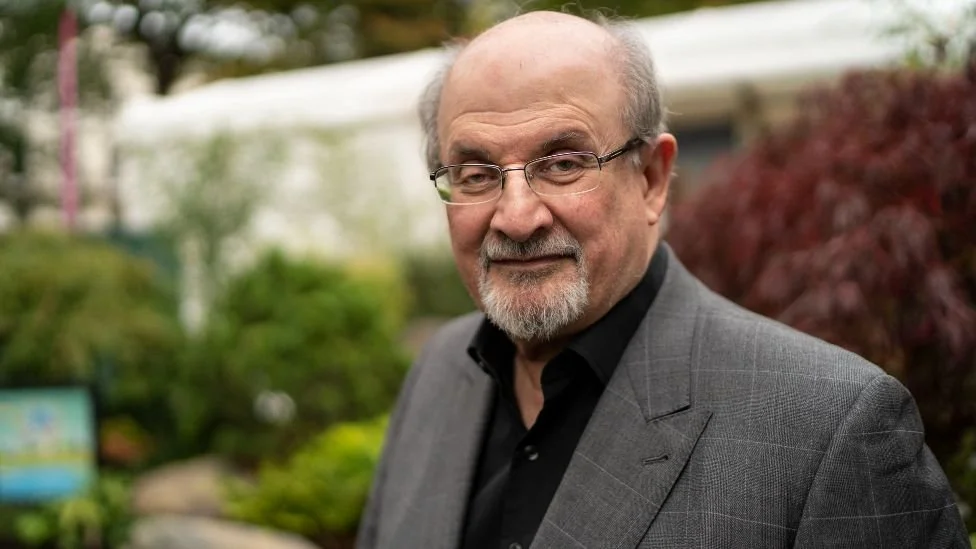Literature is an instrument through which we put to test the very principles we live by. We may dislike what writers say but must defend, at all costs, their freedom to say it. That is what democracy is about: a system where people, free to express themselves, agree to disagree in peaceful civility.
The vicious attack against Salman Rushdie and his interlocutor Henry Reese at the Chautauqua Institution, a community founded in 1874 as an educational experiment devoted to showcasing art in all its manifestations, is an affront to the very principles we live by.
Every writer wants discerning, not destructive, readers. Rushdie, the author of the classic postcolonial novel Midnight’s Children about India’s transition from British rule to independence and subsequent partition, among other books, has been the target of ire along with several of his translators since Iran’s Ayatollah Khomeini declared a fatwa against him after the publication of The Satanic Verses in 1988.
At Restless Books, our mission is to showcase the best literature from a myriad of cultures. We define “best” to include novels, memoirs, poems, and other writing that attempt to offer a deep, empathetic, and critical view of society using language in its most distilled form. Translators are essential to making the universes created by authors reach a global audience.
Literature is thus synonymous with openness and is antithetical to extremism. When individual voices are silenced, everyone’s freedom is lost. Rushdie’s novels are a prime example of the global dialogue that is required in democracy. Differences must be appreciated, not canceled.
—Ilan Stavans, Publisher of Restless Books



